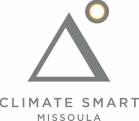|
Quick survey: which of the following reasons would be most likely to persuade you to make a change, large or small, in your life: a) it would save you money; b) it’s the right thing to do; or c) it will improve your health? If you chose C, you’re in good company. Health is a big motivator for many people – and health professionals are some of the most trusted messengers. Combine this with the fact that research has demonstrated the effectiveness of emphasizing positive benefits in motivating people to act, and you get some interesting insights into how to communicate about climate change, especially with those who may not yet be completely convinced of its seriousness. Climate communication and health was the topic of our March monthly meetup last week – and it was a popular one! The community room at Imagine Nation was packed with folks who came to learn, meet others, and contribute to a great conversation about, well, how to have conversations about climate change. Many thanks to Beth Schenk, nurse scientist and Sustainability Director at St. Patrick Hospital, who facilitated the discussion. Beth started out by sharing some interesting statistics on perceptions about health and climate change among Americans. A recent groundbreaking study by Yale and George Mason Universities identified “6 Americas”: six different attitudes toward climate change that fall along a spectrum, from “Alarmed” on one end to “Dismissive” on the other. It’s a totally fascinating study – I highly recommend checking it out. One surprising insight from this study: the “Alarmed” segment was the only group in which the majority of participants could list a specific health impact of climate change. In other words, those who are aware of the health challenges posed by climate change are alarmed. In our current era of political polarization, it’s tempting to look at the above spectrum and wonder how we could ever bridge the gap. And yet, evidence suggests that changing the conversation around climate change can help move folks further along this spectrum. By emphasizing the co-benefits – those activities, processes, policies, and impacts – of taking action to mitigate climate change, especially in terms of both personal and community health, we can find messages that resonate with all 6 Americas. Wondering what I mean? At our meetup, we came up with some great examples of co-benefits – things that reduce our carbon footprint, while improving health – and then brainstormed some messages that could help convey the value of these efforts. Take a look: I hope these examples give you some inspiration for new ways to frame the climate conversation. While we cannot avoid talking about the urgent and serious negative implications of climate change, it is also critical to discuss climate solutions in a way that offers hope and inspires action. Optimism: Maintaining our Mental Health and Hope We ended the evening with a powerful discussion about hope and optimism when it comes to working on climate change. I know personally there are some days when I feel overwhelmed and sad – I’d guess that you do too. And that’s only natural. Solastalgia is a word coined in 2003 by philosopher Glenn Albrecht, to describe the feeling of distress we feel when we see the natural world around us changing. Solastalgia is a normal response to the reality of climate change. So how do we maintain optimism? This question reminded me of an essay I read a few years ago by the environmental writer David Orr, in which he described the difference between optimism and hope. Orr says, “Optimism leans back, putting its feet up, and wears a confident look, knowing that the deck is stacked. Hope is a verb with its sleeves rolled up. Hopeful people are actively engaged in defying or changing the odds.” So what is the secret? What are some characteristics of these hopeful people? We noticed that they:
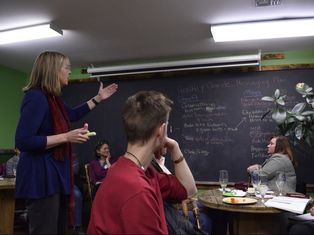 So, what would help US to be more hopeful? Here are just a few ideas that folks shared:
A Few Resources
Some suggested reading and viewing ideas that came up in our conversation:
-Abby
2 Comments
|
AuthorsAbby Huseth Archives
July 2024
Categories
All
|
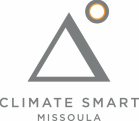
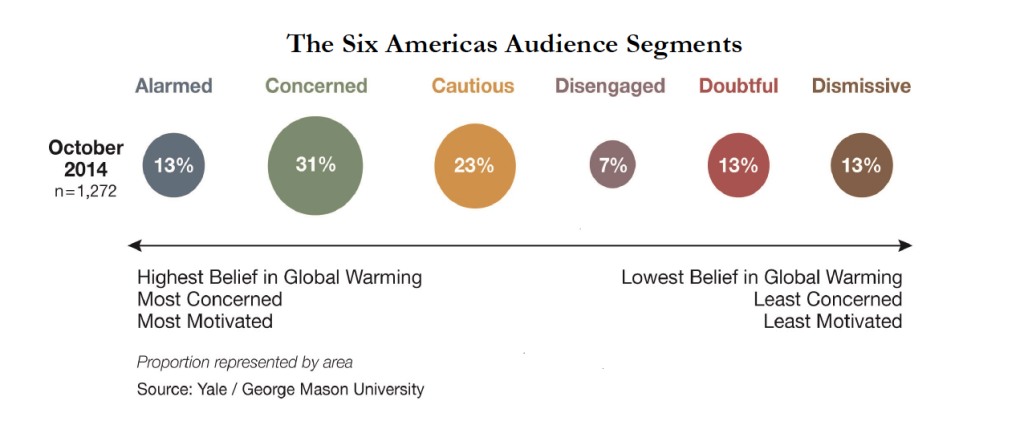
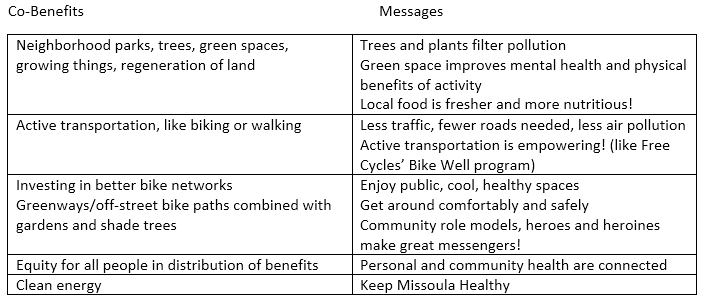
 RSS Feed
RSS Feed


